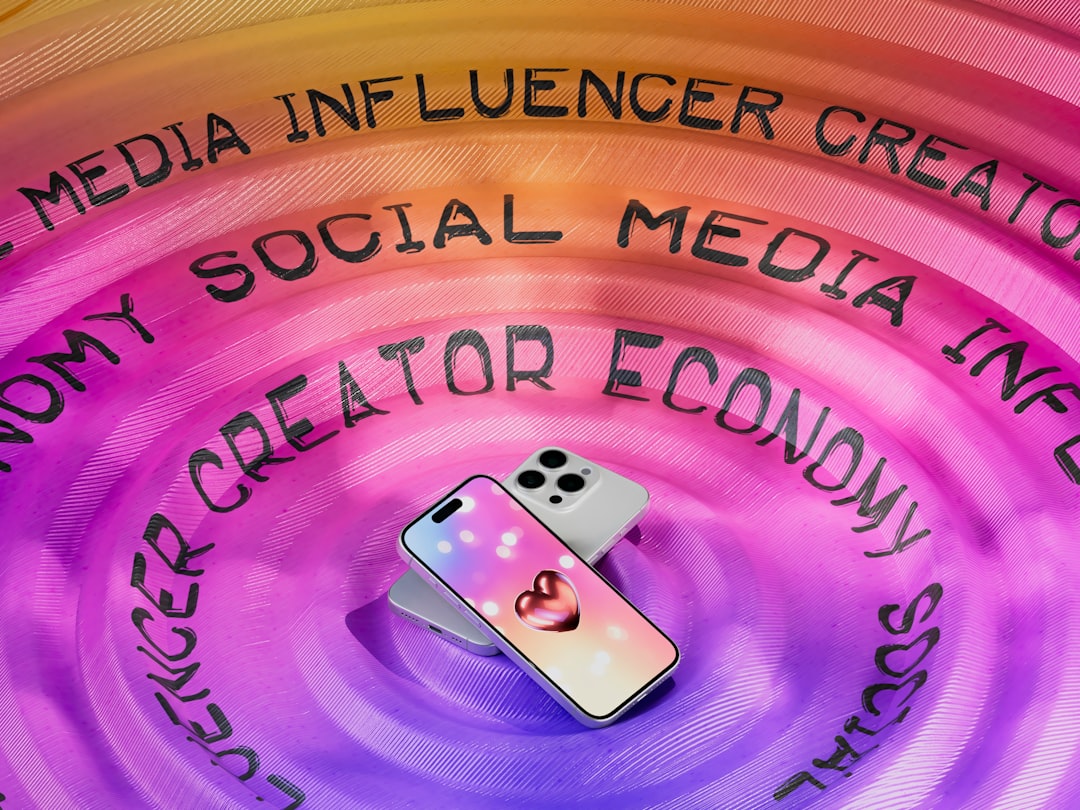Sustainability has become a significant concern for consumers and businesses alike. As environmental awareness grows, eco-friendly brands are increasingly turning to influencer marketing to promote their sustainable products and practices. Influencers play a pivotal role in shaping consumer behavior and can drive substantial impact by championing sustainability. This post explores how influencers can effectively promote eco-friendly brands and contribute to a greener future.
The Role of Influencers in Promoting Sustainability
Authentic Advocacy
Influencers who are genuinely passionate about sustainability can authentically advocate for eco-friendly brands. Their genuine commitment to environmental causes resonates deeply with their followers, making their endorsements more impactful and trustworthy.
Educating Audiences
Influencers have the platform to educate their audiences about the importance of sustainability. By sharing information about eco-friendly products, sustainable practices, and the environmental impact of consumer choices, influencers can inspire more responsible behaviour.
Strategies for Promoting Eco-Friendly Brands
Partner with Authentic Eco-Conscious Influencers
Choose influencers who are already advocates for sustainability. Their existing commitment to environmental causes ensures that their promotions will be authentic and resonate with their audience. Look for influencers who actively share sustainable living tips and support eco-friendly initiatives.
Highlight the Brand’s Sustainability Efforts
Work with influencers to create content that showcases the brand’s sustainability efforts. This can include behind-the-scenes looks at sustainable manufacturing processes, interviews with company founders about their commitment to the environment, and demonstrations of eco-friendly product features.
Create Educational Content
Encourage influencers to produce educational content that informs their audience about the broader impact of sustainability. This could include blog posts, videos, or infographics about topics like reducing carbon footprints, the benefits of organic materials, or the importance of recycling.
Use Authentic Storytelling
Influencers should share personal stories about how they incorporate eco-friendly products into their daily lives. Authentic storytelling helps followers relate to the influencer’s experiences and see the practical benefits of choosing sustainable brands.
Promote Sustainable Challenges and Initiatives
Collaborate with influencers to launch sustainable challenges or initiatives that encourage their followers to take eco-friendly actions. For example, a “zero-waste week” challenge can motivate followers to reduce their waste and share their progress on social media, creating a ripple effect of positive environmental impact.
Measuring the Impact of Sustainable Influencer Campaigns
Track Engagement Metrics
Monitor engagement metrics such as likes, comments, shares, and saves to gauge how well the content resonates with the audience. High engagement indicates that the message is striking a chord and prompting audience interaction.
Analyse Sentiment
Use sentiment analysis tools to assess the tone of the comments and discussions around the campaign. Positive sentiment and supportive comments suggest that the audience appreciates the sustainability message and is more likely to support the eco-friendly brand.
Monitor Conversion Rates
Track conversion rates to see how many followers are taking action based on the influencer’s recommendations. This includes measuring increases in website traffic, product sales, or sign-ups for eco-friendly initiatives.
Gather Feedback
Collect feedback from both the influencer and their followers to understand the campaign’s impact. This can provide valuable insights into what worked well and areas for improvement in future campaigns.
Conclusion
Influencer marketing offers a powerful platform for promoting sustainability and eco-friendly brands. By partnering with authentic influencers, highlighting sustainable practices, creating educational content, and leveraging authentic storytelling, brands can inspire positive environmental change. Measuring the impact of these campaigns ensures that efforts are effective and continually improving. Together, influencers and brands can drive a significant shift towards a more sustainable future.
Discover Our Latest Insights


Unlocking the Future: Influencer Marketing Trends to Watch in 2025

The Rise of Virtual Models: A New Era at London Fashion Week
Ready to reach new heights?
For every 1$ you spend on influencer marketing, your brand earns $5.20 in ROI.
Kickstart your influencer marketing-led social-first advertising strategy.
